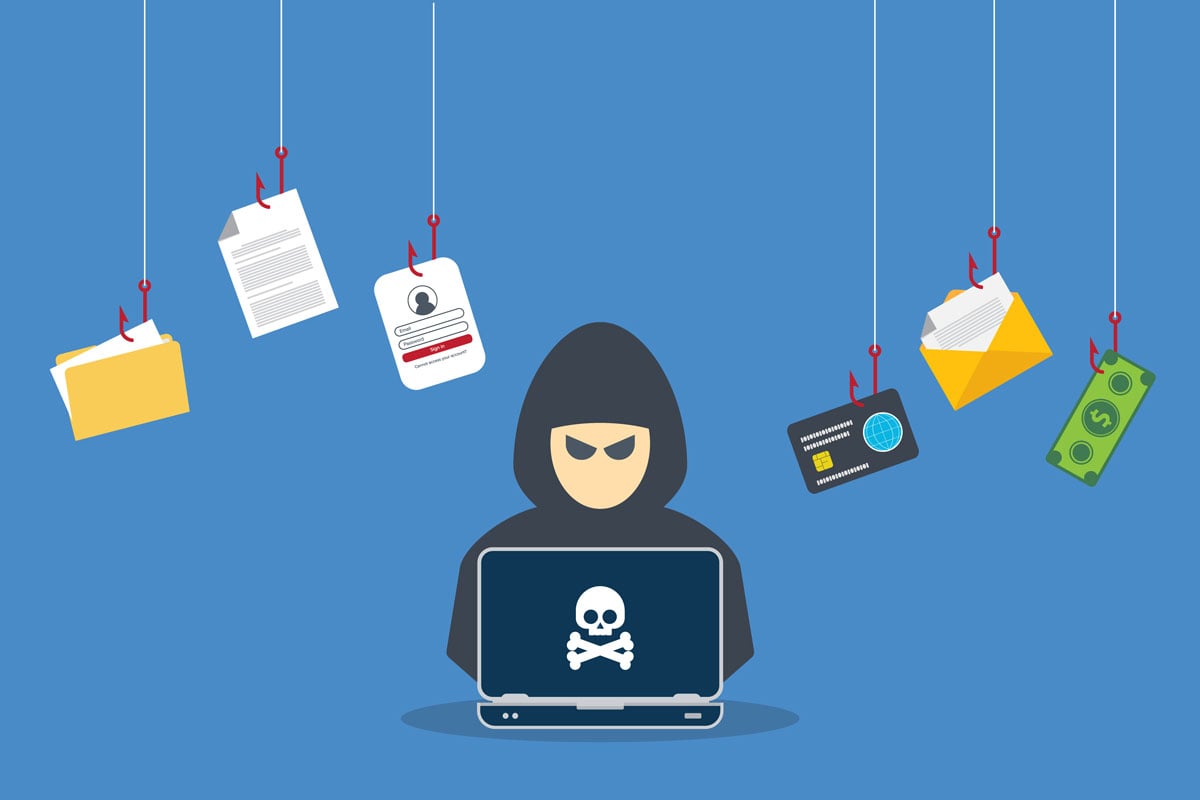With several small business loans to choose from, selecting the best one for your startup can be confusing. The following overview of the most common small business startup loans can help you determine which funding option is best for your needs.
Personal Loans
Nearly everyone is familiar with personal loans. They are commonly offered by banks and credit unions, and the amount you can borrow can be from $1,000 to $50,000. Collateral may or may not be required. It depends on the lender, the amount, the purpose of the loan, and other factors.
Pros
One of the best things about personal loans is that they are highly flexible. Because they can be used for different things, many people use them to fund their business startups.
Personal loans are the ideal small business start-up loan if you don’t require a lot of capital. They are easier to qualify for than business loans, and you may be able to have your loan approved and receive funding in just a few days.
Cons
If you have a personal loan that is secured with collateral and you default, there is a chance that you may lose the collateral. Your credit score would also be damaged.
Another negative to consider is that many business startups require more funding than what you can borrow with a personal loan. These loans also tend to have much shorter repayment terms than other funding options.
Business Lines of Credit
A business line of credit operates similarly to a credit card. You are given a credit limit that you can draw from as needed. You can then make interest-only payments for the duration of the draw period, or you can repay the principal and interest to replenish your available credit.
These loans are best for startups that have been operating for at least six months and need extra funding for their operations.
Pros
The main benefit of a business line of credit is that you can withdraw money as you need it. This makes it ideal for buying inventory, office equipment, or something else. Also, interest-only payments are usually very low. This is an important consideration when your business is new and you don’t have much revenue.
Cons
Business lines of credit can be difficult to obtain if your business is new. Lenders prefer to issue these loans to established businesses. You may still be able to obtain a business line of credit as a startup but you will need a strong personal credit score and you may be required to be a personal guarantor for the loan.
Another negative of these loans is that they are usually for relatively small amounts. You would not be able to use a line of credit, for example, to purchase expensive equipment or real estate. Repayment terms for these loans are also much shorter than other loan options.
Finally, if you just make interest-only payments during the draw period, a balloon payment for the full amount will be required when the draw period ends.
SBA 504 Loans
Offered by the Small Business Administration (SBA), 504 loans can be used to purchase expensive equipment, real estate, or to upgrade existing facilities. These loans can’t be used for other purposes like working capital or inventory.
504 loans are offered by Certified Development Companies (CDCs), which are non-profit organizations that promote economic development in their communities. Up to $5.5 million can be borrowed, and repayment terms of up to 25 years are available.
Pros
It’s possible to finance 90% of your purchase with a 504 loan. This means a borrower will need a smaller down payment than with other financing options. These loans also have low fixed interest rates.
Cons
The application process for 504 loans is lengthy. Borrowers have to provide extensive documentation of their finances and other business information to complete the application. Loan approval is also very slow. It may take up to three months for a decision to be made and to receive funding.
SBA 7(a) Loans
Another popular type of SBA loan is the 7(a) loan, which is backed by the SBA and offered by banks and credit unions. SBA 7(a) loans are best for businesses that need significant funding for various business needs.
Up to $5.5 million can be borrowed with a 7(a) loan, with repayment terms of up to 25 years. Interest rates vary depending on the lender but are low.
Unlike 504 loans, 7(a) loans can be used for many different purposes including:
- Real estate
- Start-up costs
- Working capital
- Equipment and fixtures
- Inventory
- Refinancing debt
Pros
Depending on the amount borrowed, between 75% and 85% of the loan amount is backed by the SBA. This protects lenders in the event of a default and makes them more willing to approve loans.
The down payment requirement for these loans is also low – usually 10 to 20%. 7(a) loans are also easier to qualify for than traditional business loans.
Cons
Similar to 504 loans, the application process for 7(a) loans requires extensive documentation. Loan approval may also take 2 to 3 months.
SBA Express Loans
SBA Express loans are best for business startups that need quick funding or are unable to secure a traditional loan. These loans are similar to 7(a) loans except they are for smaller amounts. A maximum of $500,000 can be borrowed.
Express loans can be used for many different purposes. Interest rates are low, and repayment terms of up to 25 years are available for real estate and 10 years for other uses.
Pros
The main benefit of Express loans is their quick approval time. Applicants typically receive a response within 36 hours. They are also much easier to qualify for than traditional business loans and they have low down payment requirements.
Cons
Similar to all SBA loans, extensive documentation is required when applying. These loans also require high credit scores. Depending on the lender, various fees may be charged for loan processing.
Which Small Business Start-Up Loan Should You Choose?
If you are unsure of which small business startup loan you should choose, one of our loan representatives can assist you. Wasatch Peaks Credit Union offers several loan options for small businesses, including SBA loans and lines of credit.



